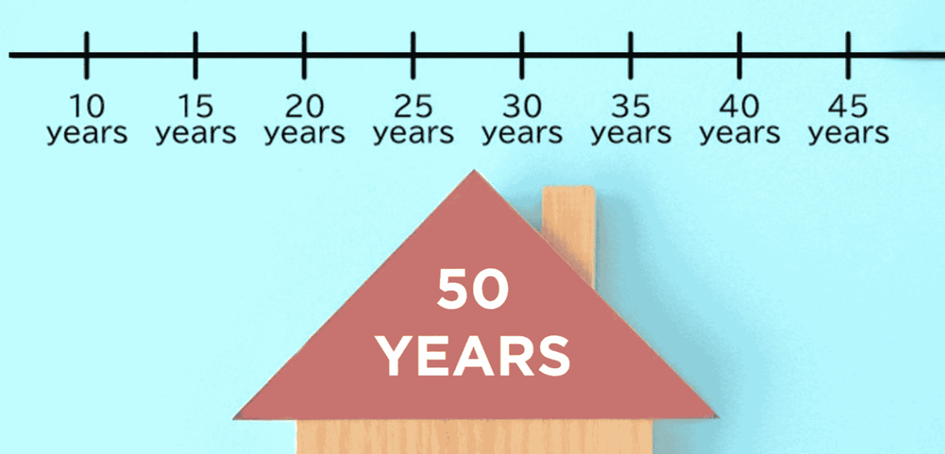
Residential Market Commentary - 50 year mortgages
- Be the expert
- Nov 17, 2025
- First National Financial LP
In a bid to ease criticisms about housing affordability in the United States the current president has grabbed a lot of attention with a pitch for longer mortgage terms. He recently floated the idea of extending mortgage pay-back periods from 30 to 50 years.
“All it means is you pay less per month. You pay it over a longer period of time. It’s not, like, a big factor,” he said in an interview with Fox News.
It is true, the payments would be smaller – which can be tempting – but when they are spread over a longer period of time the interest paid becomes a big factor.
Using some current U.S. numbers Reuters did the math: on a $400,000 mortgage, at a fixed 6.5% interest rate, interest payments over 30 years come to $510,000. Over 50 years total interest comes to $953,000 ($443,000 more).
Longer mortgages are considered riskier than shorter ones because it takes longer to build equity, which could increase the chances of a home buyer going “underwater” (owing more on their home than it is worth) and defaulting in the event of an economic downturn.
Canada is not heading in that direction. The U.S. mortgage collapse and ensuing global financial crisis in 2008 saw policymakers here reverse course and reduce allowable amortizations from 40 years back to 25 and 30 years.
Mortgage funding in Canada heightens the aversion to risk. Here mortgages are funded through bonds and deposits like savings accounts. Lenders are more exposed to default risks. In the U.S., mortgages are commonly bundled into investments known as mortgage-backed securities, which pushes the risk off the lender and onto investors.
Related Articles
- Residential Market Commentary - Winter Wallop for January Market
- Residential Market Commentary - CMHC housing outlook
- Residential Market Commentary - Supply and Demand Favouring Buyers
- Residential Market Commentary - Economy Sluggish, but Stable
- The Bank of Canada maintains its interest rate policy to start 2026
- Residential Market Commentary - Sagging consumer sentiment

